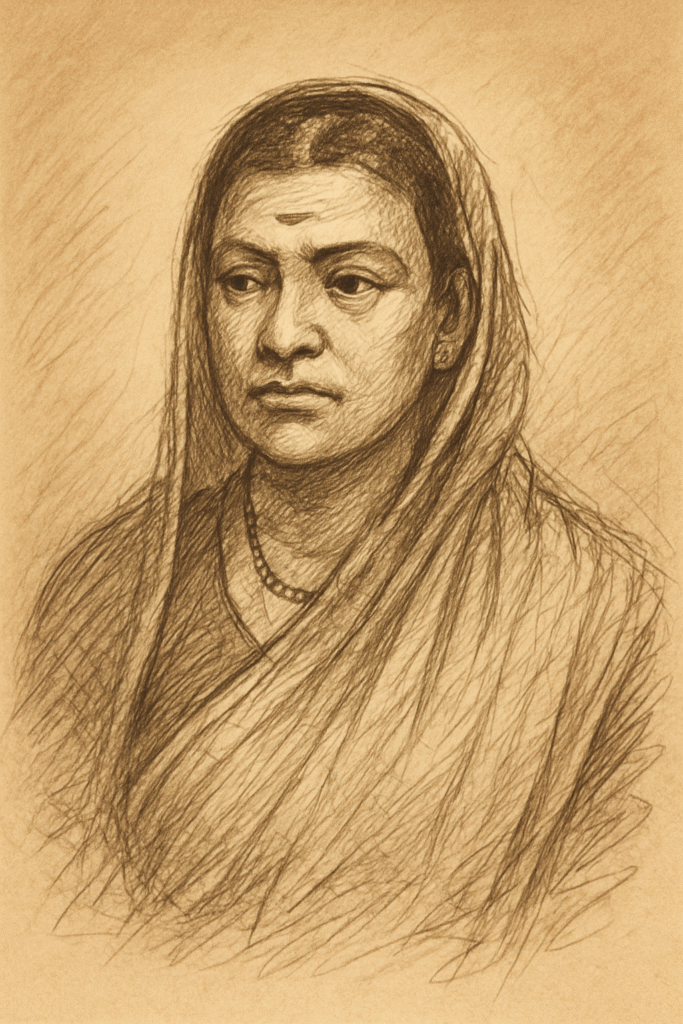
Savitribai Phule was India’s first woman teacher, a visionary social reformer, and a relentless advocate for equality in education and social justice.
She was a beacon of hope who dedicated her life to dismantling a rigidly oppressive social order and creating a path for the education of women and the marginalised. Together with her husband, Jyotirao Phule, Savitribai led a revolution that permanently altered India’s educational and social history.
To know more about Tamil nadu Reservation Click
A Ray of Light Amidst Darkness
In 19th-century India, education was a privilege denied to women. Discrimination based on caste, religion, and gender was rampant. Amidst this, Savitribai emerged as a revolutionary, realising the transformative power of education
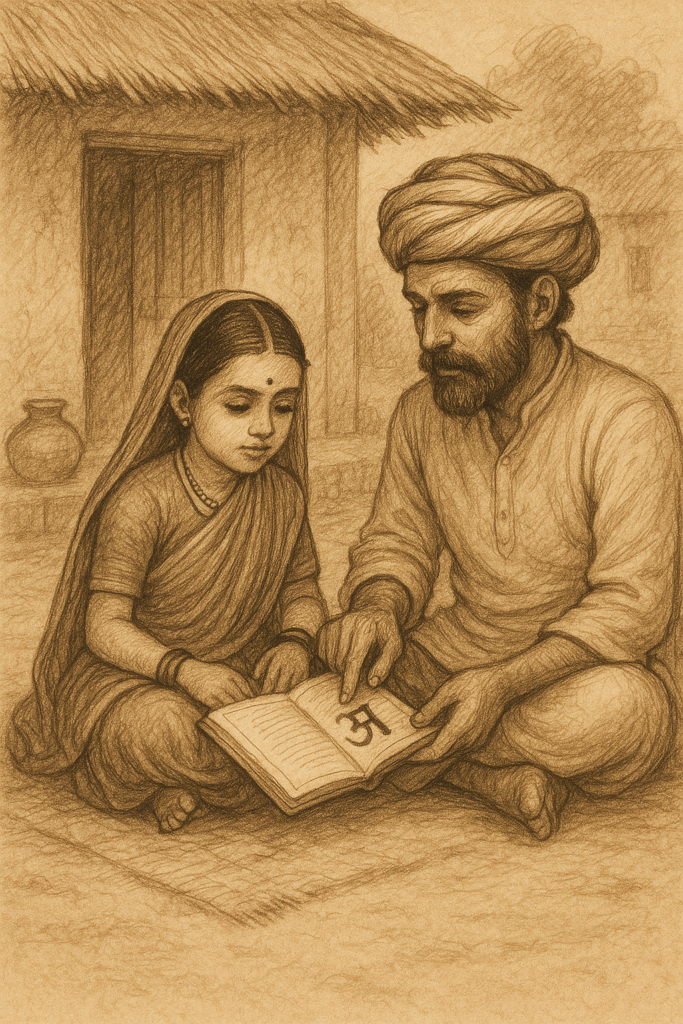
Born on 3 January 1831 in Naigaon, Satara district, Maharashtra, she was married to Jyotirao Phule at the age of nine. With no access to formal education, she learned to read and write under Jyotirao’s guidance — an act that broke deeply entrenched norms and marked one of the earliest moments of feminist resistance in Indian history.
India’s First School for Girls
Driven by a conviction that education was not just for herself but for all women, Savitribai, along with Jyotirao, founded India’s first girls’ school in 1848 at Bhide Wada in Pune.
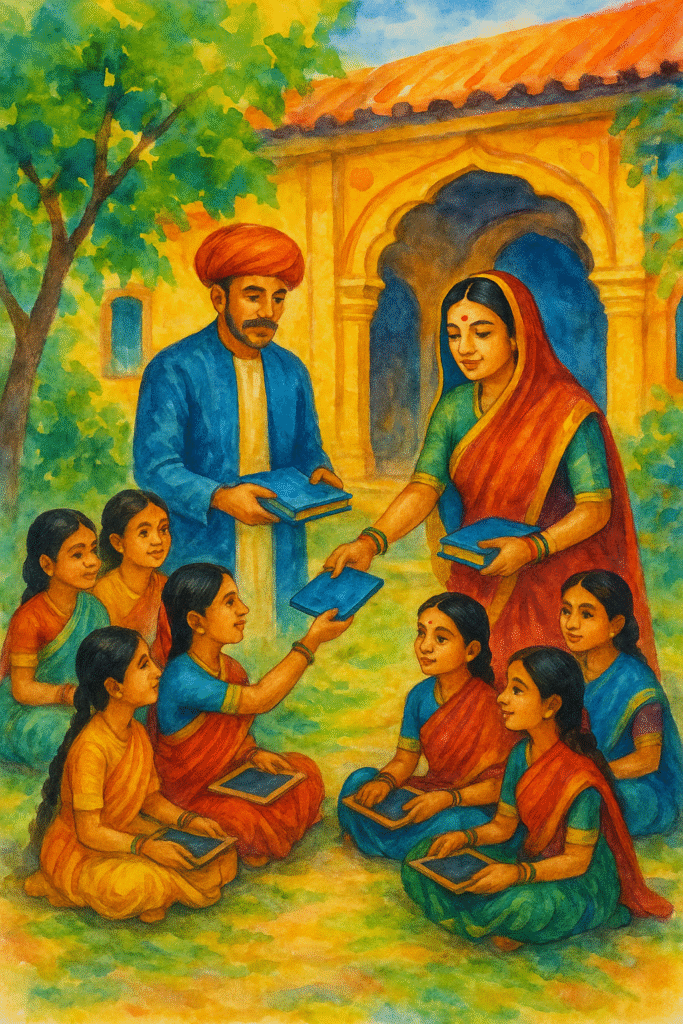
Their progressive move was met with severe social backlash. Even Jyotirao’s family ostracised them. But Savitribai remained undeterred, walking miles daily to teach, often facing abuse and humiliation.
“An Uneducated Woman is Like a Rootless Banyan Tree”
By 1851, Savitribai had established three schools, providing education to over 150 girls. She also launched educational trusts to support learning for marginalised communities and appointed Fatima Sheikh, India’s first Muslim woman teacher, as a fellow educator in her school — a landmark move in inclusive education.
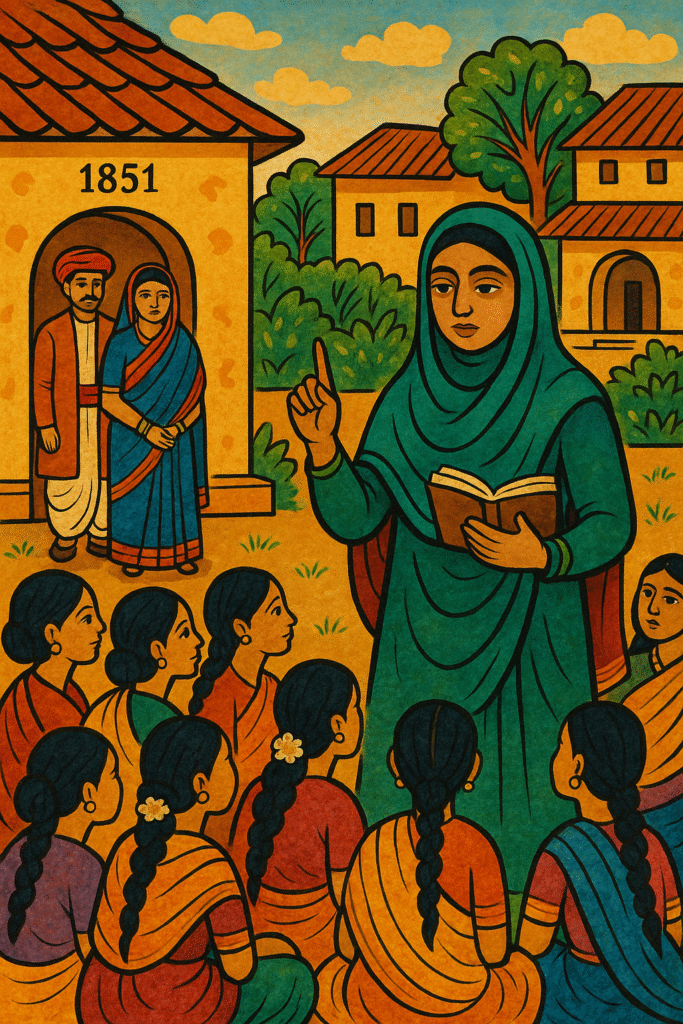
In 1852, the British government honoured her as a “Best Teacher” for her groundbreaking contributions. An Uneducated Woman is Like a Rootless Banyan Tree was her mantra.
Savitribai Phule A Voice Against Injustice
Savitribai was not just an educator — she was a pioneering reformer who bravely stood up against social injustices. During a time when female infanticide was widespread in Indian society, and widowed women were subjected to extreme forms of discrimination and cruelty, Savitribai rose in protest. To support these women, she established shelters and care homes specifically for widows and unwed mothers, providing them with protection, dignity, and hope.
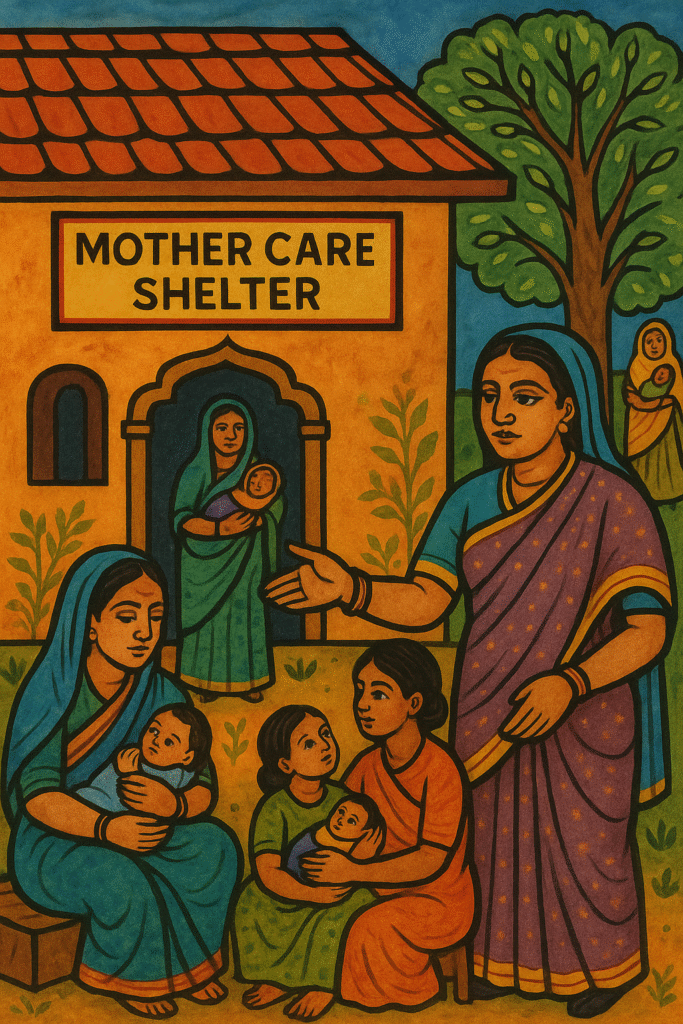
At a time when regressive beliefs dominated public life, she had the courage to think ahead, act with compassion, and challenge injustice. Her actions were not merely acts of service — they were loud and defiant cries against a deeply unjust system. In every sense, Savitribai’s work was a bold rebellion against the oppression of women.
Mahila Seva Mandal

To raise awareness about women’s rights and oppose cruel practices like head-shaving of widows, Savitribai founded the Mahila Seva Mandal, which worked to uphold the dignity and rights of women at a time when doing so invited severe backlash.
Savitribai Phule Satyashodhak Samajஜ்
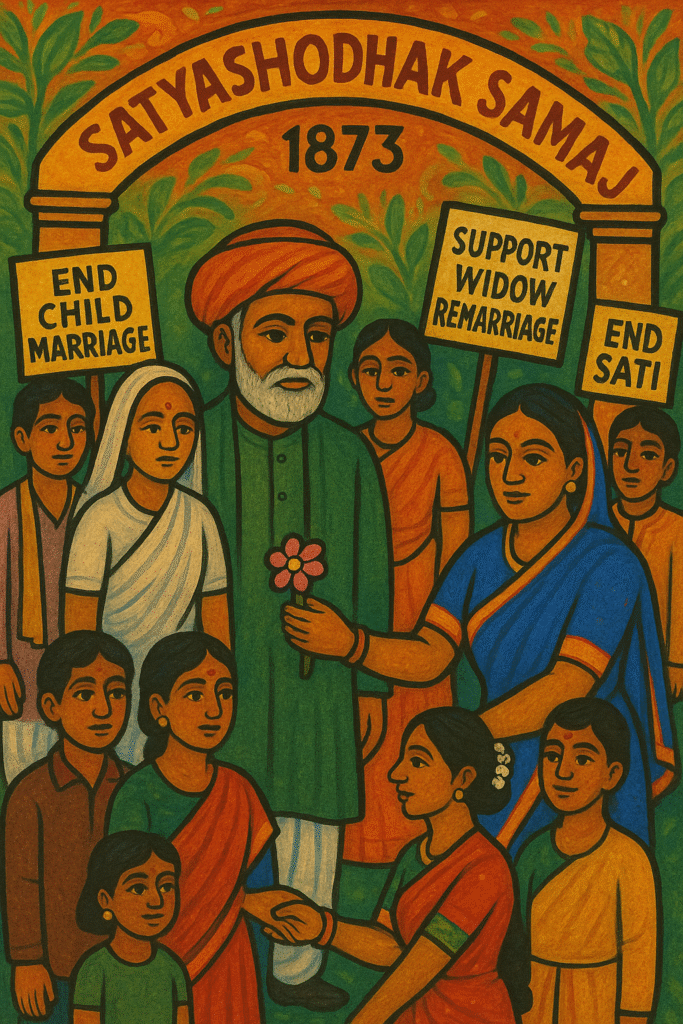
1873-ம் ஆண்டில் தனது கணவர் ஜோதிராவ் புலேவுடன் இணைந்து, சத்யசோதக் சமாஜம் என்ற அமைப்பை In 1873, alongside Jyotirao, she co-founded the Satyashodhak Samaj (Society of Truth Seekers), aimed at promoting social equality, challenging caste discrimination, and securing rights for Dalits and women. The organisation opposed child marriage, Sati, and supported widow remarriage and inter-caste unions, radically reshaping India’s social consciousness.
Poetry as a Weapon
Savitribai was also a poet, using her verses as tools of resistance. Her poetry focused on women’s rights, equality, and justice. She published two collections: Kavya Phule (1854) and Bavan Kashi Subodh Ratnakar (1892).
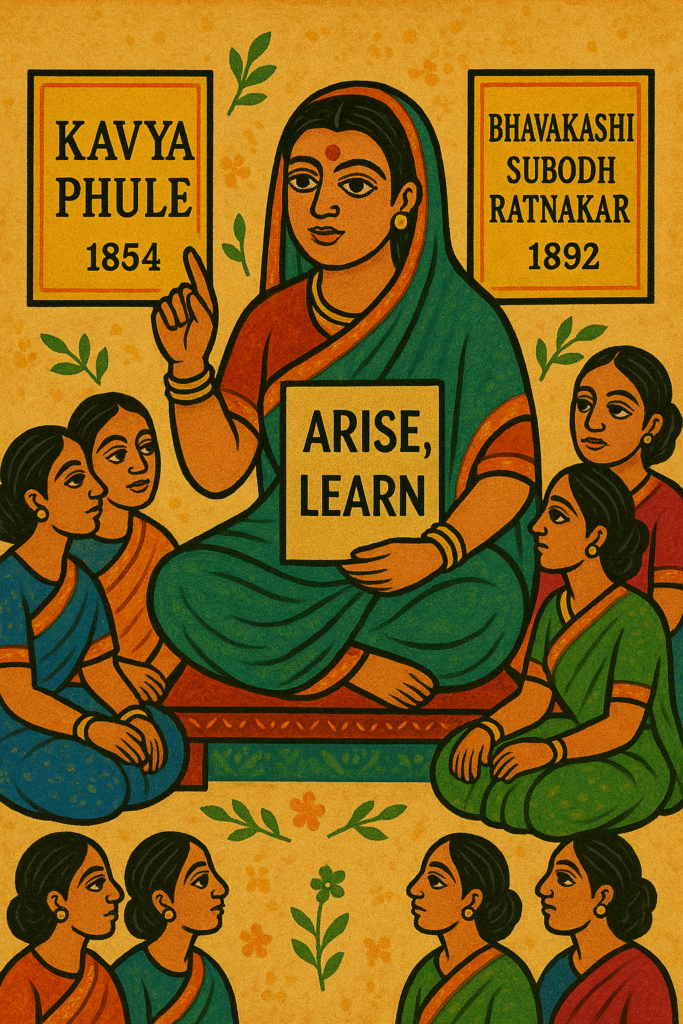
Her rousing poem "Rise, Educate!" became a powerful call for empowerment through education, especially for women and oppressed communities. Her literary work remains a profound example of how art can be wielded for social change.
Savitribai Phule Selfless Service
In 1897, during a devastating plague outbreak, Savitribai cared for the afflicted with compassion and courage.

Tragically, she contracted the disease herself and passed away on 10 March 1897.
Savitribai’s life was defined by unflinching dedication, compassion, righteous anger, and a deep sense of social responsibility. She lit the first spark in India’s history of women’s education, a spark that ignited a transformation of social norms.
Her struggle helped lay the foundation for a society where women could pursue higher education and claim their rightful place with confidence and identity. The light she lit continues to guide generations of women and changemakers in the ongoing fight for equality, dignity, and justice.
Savitri means “Daughter of Light” — and she truly was!
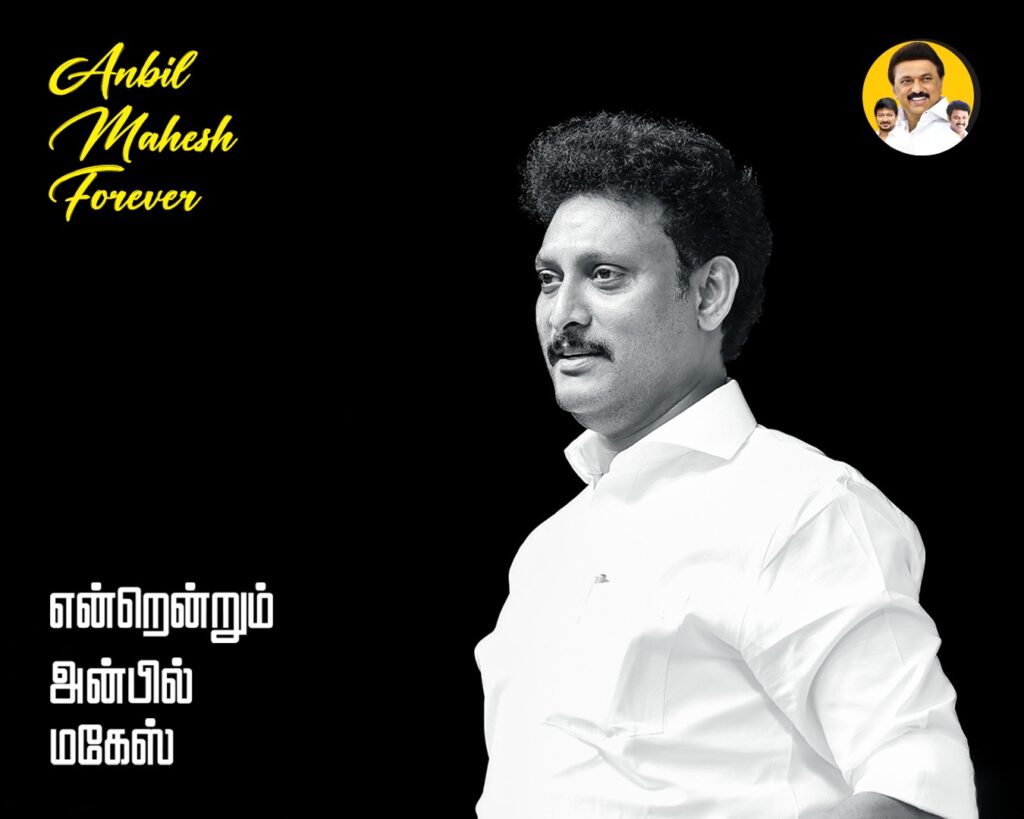
Follow us
Whatsapp Channel – bit.ly/anbilmahesh4evr
X ID – https://x.com/AnbilMahesh4evr
Youtube – https://youtube.com/@AnbilMahesh4evr
Facebook – https://fb.com/AnbilMahesh4evr
Instagram – https://instagram.com/AnbilMahesh4evr
